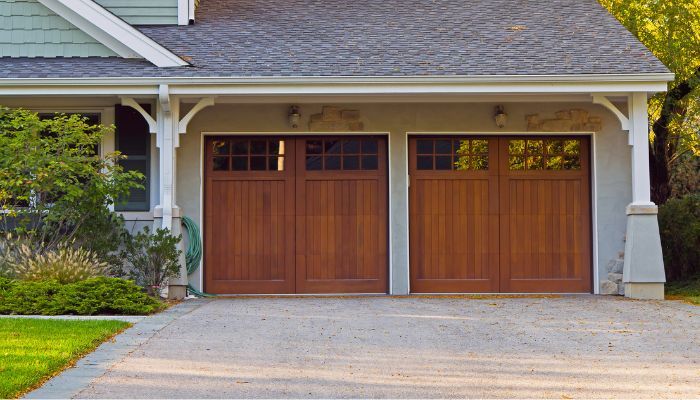
Why Won’t My Garage Door Close Properly?
You’re standing in your driveway, remote in hand, pressing the button, yet your garage door stubbornly refuses to close all the way. It’s frustrating, right? Before you worry about big repair bills or major mechanical failures, let’s figure out the common reasons why your garage door won’t close properly.
Often, the solution is very simple. It could be something as straightforward as misaligned sensors or something blocking the door’s path. Maybe the settings on your door opener need a tweak, or the tracks are a little worse for wear. Even the remote control or the opener’s settings can be the culprits, needing a quick reprogramming or battery change.
The average cost to replace a garage door is $1208, so let’s try to answer the question, “Why won’t my garage door close properly?” and help you figure out what to do next.
Reasons Why Your Garage Door Won’t Close
According to statistics, 63% of all U.S. housing units have garages and garage doors. But, they can be finicky, and when they decide not to close, it can throw a wrench into your day. When you know the most common reasons this happens, you can start looking for a solution.
Misaligned or Blocked Sensors
These sensors stop the door from closing on people, pets, or random objects by mistake. You can find them near the ground on both sides of the door, and they use an invisible beam to communicate. If something obstructs this beam or the sensors are misaligned, your door won’t close as a safety precaution.
You might notice blinking lights on your opener or sensors – a telltale sign of a problem. You can often resolve this issue by clearing the path and adjusting the sensors until the lights stop blinking.
Track Alignment Issues
The tracks guide the door when it’s time to open or close, but they can get bent from damage or regular use. Symptoms of this problem include a door that sticks, squeaks, or halts midway. In some cases, you can visually spot the misalignment. If it’s minor, loosening the screws that hold the tracks in place, gently tapping the tracks back into place with a rubber mallet, and retightening the screws might solve the problem.
However, if they’re seriously bent or misaligned, it’s best to call a professional to help so you don’t damage them even more or hurt yourself while fixing them.
Faulty Remote Control or Opener
These devices communicate with your garage door through radio signals. If the door refuses to close, the problem might be:
- Dead batteries
- Distance issues
- Interference from nearby devices
Sometimes, the solution is to replace the remote’s batteries or move closer to the garage door. However, if reprogramming the remote or resetting the opener doesn’t work, the issue might be more complex, involving circuitry problems or worn-out components.
Broken Springs or Cables
These components bear the door’s full weight and make it possible for it to move smoothly and evenly. When they break, the door can become unbalanced or stuck in place.
Signs of this issue include:
- A garage door that closes too quickly
- A garage door that closes unevenly
- A garage door that doesn’t close
- A garage door that makes noise when you close it
Due to the high tension of these parts, attempting to repair them yourself can be extremely dangerous. In these cases, you must bring in a professional garage door service with the experience and tools to make the necessary repairs safely.
Garage Door Maintenance Tips
Your garage door is likely the biggest moving part in your home, and just like any other major appliance or vehicle, it needs regular care to operate safely and efficiently. So, let’s get into how you can keep your garage door in top shape with some straightforward maintenance tips.
Regular Cleaning and Lubrication
Keeping your garage door’s tracks, rollers, and other moving parts clean is vital. Over time, they can gather dust and debris, making the door wear out faster. A soft cloth and a mild, all-purpose cleaner are all you need for cleaning. For the tracks, make sure you’re wiping them down thoroughly, but avoid using harsh chemicals or lubricants that can attract more dirt.
After cleaning, the next step is lubrication. You’ll want to use a product meant just for garage doors or a silicone-based lubricant. Apply it sparingly to the rollers, hinges, and tracks. This will keep everything moving smoothly and quietly, reducing the strain on your door’s opener and prolonging its lifespan.
Routine Inspection and Professional Servicing
The most important part of preventative maintenance is regular inspections. This doesn’t mean whipping out the old toolbox and immediately taking things apart. Instead, pay attention to how your garage door operates – Is it moving smoothly, or does it jerk in places? Are there any unusual noises like grinding or scraping?
These can be early signs that something is wrong with your garage door. Check the balance of the door by manually lifting it halfway and seeing if it stays in place. It should remain relatively still; if it doesn’t, that’s a sign your springs might need attention.
However, springs are under a lot of tension and can be dangerous, so this is where calling a professional comes in. At least once a year, or if you notice any issues during your routine checks, having a professional garage door technician take a look is a good idea, as they can perform a more thorough inspection.
Signs You Should Call a Professional Garage Door Repairman
If your garage door is making more noise than usual, struggling to open or close, or has visible damage to the panels, it’s time to get on the phone. These are your garage door’s way of crying out for help. You might be tempted to take a look yourself, especially if you’re handy around the house, but garage doors are complex systems.
They involve intricate parts like springs and cables that, if handled incorrectly, can lead to injuries or further damage. A seasoned garage door repairman brings expertise and the right tools to the job, ensuring repairs are done safely and efficiently. They can also spot issues you might not have noticed, preventing future breakdowns.
Garage Door Services in Jacksonville, FL
So, we’ve tackled the common question, “Why won’t my garage door close properly?” by looking at a few possible reasons. Those include misaligned sensors, wear and tear on parts, or even something as simple as obstructions in the door’s path. Addressing these issues early can save you a lot of problems later on.
It’s always better to catch these problems on time. While some fixes can be straightforward, like removing debris or cleaning the sensors, other issues might require more expertise. This is when it’s time to contact the professionals at ABC Garage Doors in Jacksonville, FL.We can come over the same day and give you a free service estimate. It doesn’t matter if your garage door needs maintenance or a complete replacement, we can do it all. So, call us or book an appointment today and see why we’re the number one pick for garage door services in Jacksonville, FL.
Table of Contents
More Blogs to Check Out!
Categories
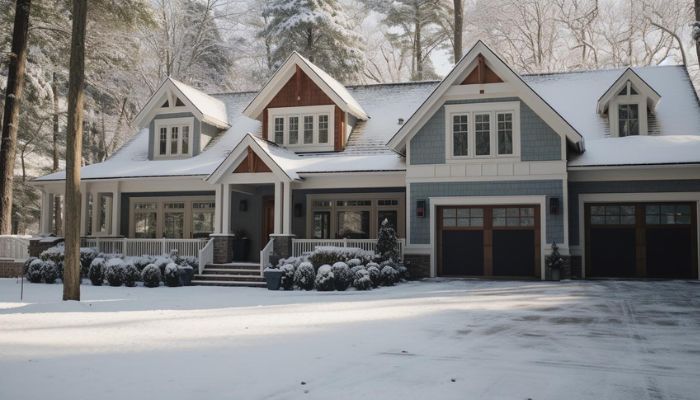
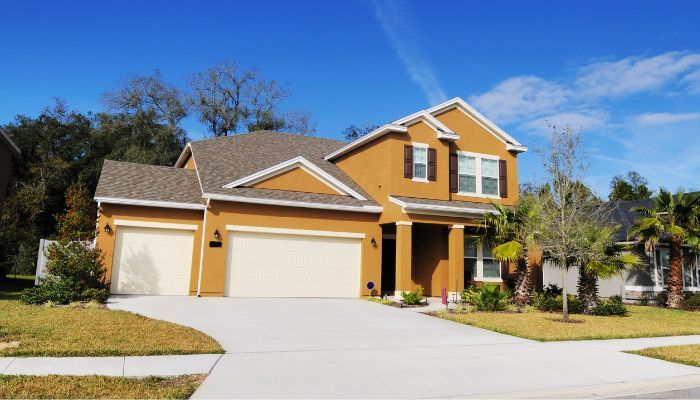


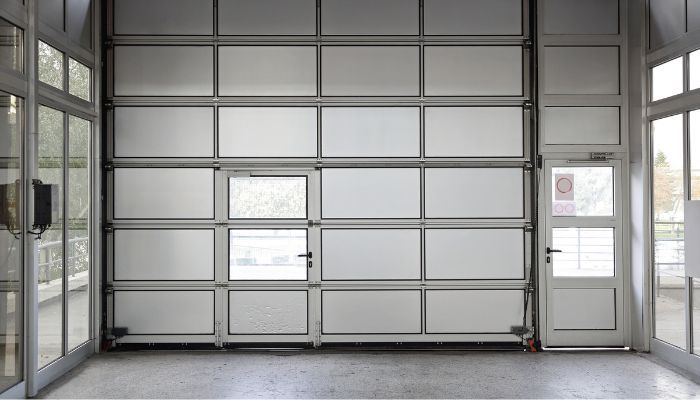
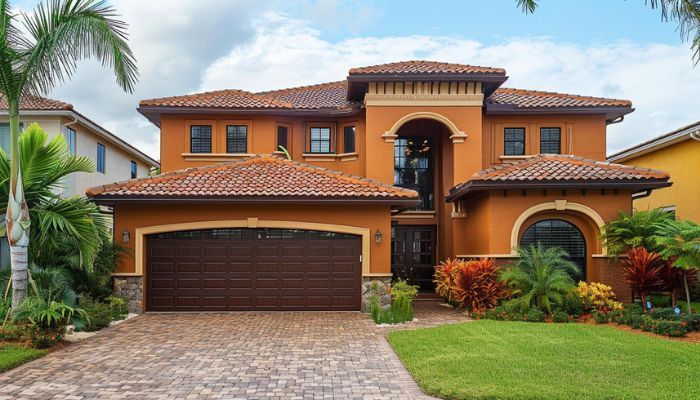






Leave a Reply